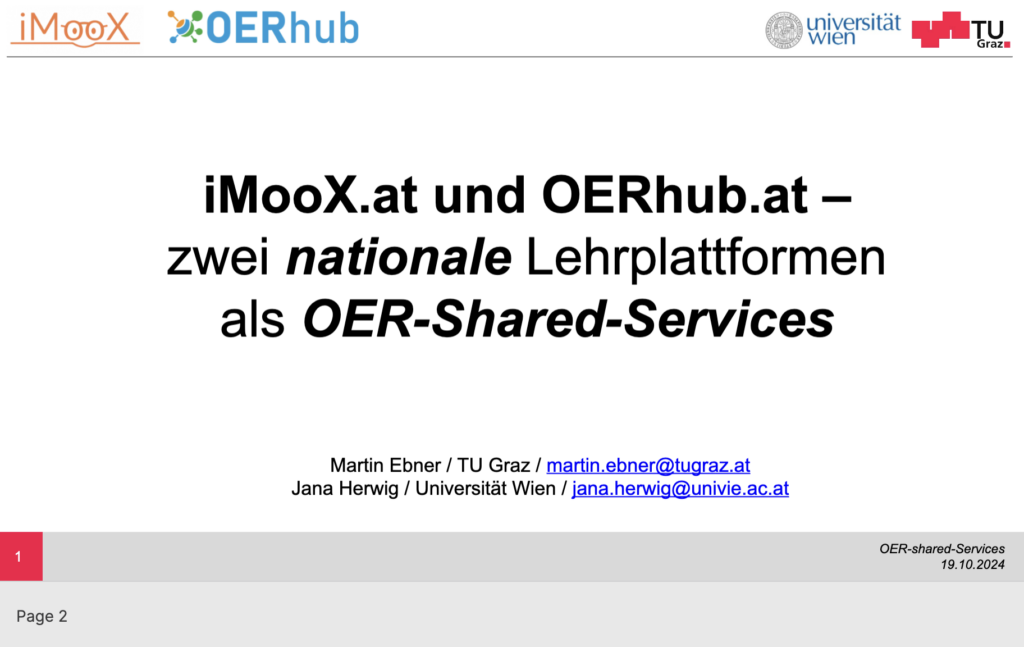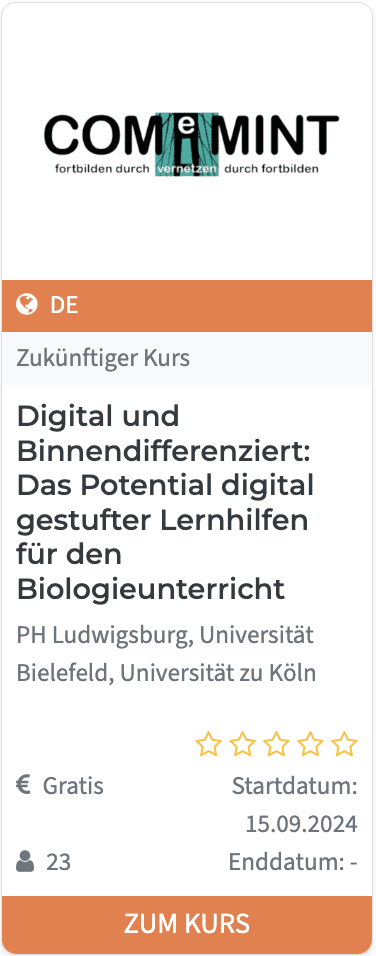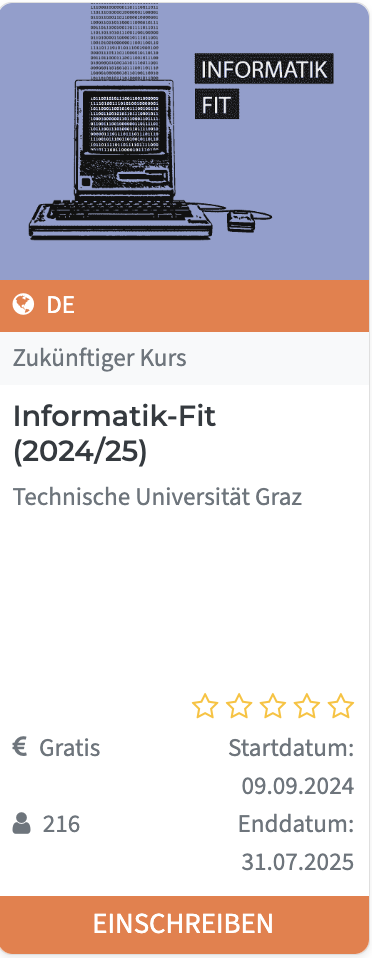Our this year’s publication at ED-Conference 2024 in Brussels was about Teaching Management Patterns and titled „The Development of “Teaching Management Patterns” from the Perspective of IT Infrastructure as a tool for consulting and further development in a European university alliance„
Abstract:
This paper introduces Teaching Management Patterns (TMP) as a descriptive and communicative framework for addressing challenges and decision-making processes related to IT infrastructure in the Unite! European university alliance. The aim is to support decision-making and consultation in utilizing the alliance’s IT infrastructure effectively. TMP offer abstract descriptions for educational scenarios, considering factors such as organizational structures, technical capabilities, legal frameworks, and didactic requirements. The paper presents the development of these patterns specifically for the Unite! alliance, highlighting their role in decision support for using the transversal, alliance wide learning management system, Metacampus. Three exemplary cases are presented to illustrate the challenges, including continuing education for staff, joint lectures involving multiple universities, and research contributions. The patterns are categorized based on their compatibility with Metacampus, providing visual representations. The paper also introduces a decision tree as a counseling tool for determining the appropriateness of using Metacampus, considering legal and organizational restrictions. In conclusion, TMP offer a systematic approach for addressing IT infrastructure complexities in a European university alliance. The presented patterns and decision tree serve as valuable consultation tools for decision-making processes regarding the use of the alliance’s IT infrastructure.
[article @ publisher’s homepage]
[article @ ResearchGate]
Reference: Schön, S., Gasplmayr, K., Ebner, M., Alcober, J., Hoppe, C., Koschutnig-Ebner, M., de Silva, F.M. & Taraghi, B. (2024). The Development of “Teaching Management Patterns” from the Perspective of IT Infrastructure as a tool for consulting and further development in a European university alliance. In T. Bastiaens (Ed.), Proceedings of EdMedia + Innovate Learning (pp. 137-146). Brussels, Belgium: Association for the Advancement of Computing in Education (AACE). Retrieved July 22, 2024 from https://www.learntechlib.org/primary/p/224515/.






